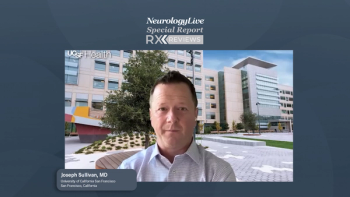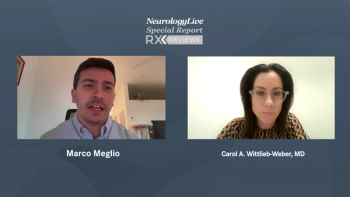
Wearable Devices in Parkinson’s Disease (PD)
Zoltan Mari, MD, leads a discussion on the benefits of wearable devices in Parkinson’s Disease (PD), and emphasizes the major public health impact of the disease.
Episodes in this series

This is a video synopsis/summary of a panel discussion involving Zoltan Mari, MD.
Parkinson's disease poses a significant public health challenge, with its prevalence surpassing that of other neurological disorders, currently costing the United States an estimated $52 billion annually. Despite advancements, improving care for Parkinson's remains a multifaceted endeavor. One avenue of progress lies in leveraging technology, particularly device-aided care, which is gaining traction in research and clinical settings. These technologies offer opportunities to better measure the progression of Parkinson's, assess treatment efficacy, and even provide therapeutic interventions.
However, the integration of device-aided care faces obstacles. In research, there's a push towards digital, objective outcome measures to supplement traditional clinician-rated scales, which are prone to bias and reliability issues. Regulatory hurdles and validation challenges persist, though progress is underway. On the clinical front, adoption has been slower due to various factors, including the absence of a viable business model, lack of guidance on implementation, and concerns about data validity. Financial incentives, a driving force in healthcare decisions, also hinder widespread adoption, particularly in fee-for-service dominated reimbursement systems.
Despite these challenges, certain specialized centers and movement disorder specialists are more inclined to utilize device-aided care due to their familiarity and focus on quality of care. Institutional branding and non-financial incentives further influence adoption rates. However, broader uptake requires addressing reimbursement structures and establishing clear guidelines for integration into clinical practice.
In summary, while device-aided care holds promise for enhancing Parkinson's disease management, its widespread implementation hinges on overcoming regulatory, financial, and practical barriers within both research and clinical settings.
Video synopsis is AI-generated and reviewed by NeurologyLive editorial staff.
Newsletter
Keep your finger on the pulse of neurology—subscribe to NeurologyLive for expert interviews, new data, and breakthrough treatment updates.









